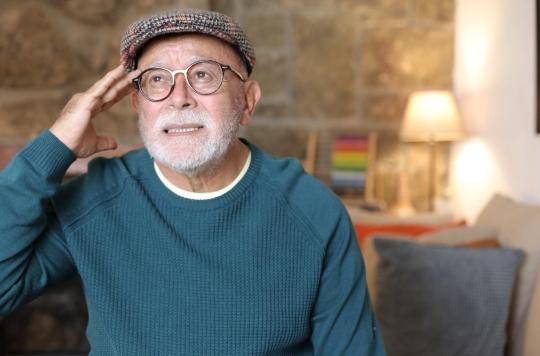Older people have a hard time remembering specific, detailed facts and events because they store too much information in their brains, compared to younger adults, according to recent work.

- Having too much information in your brain can impair memory and make it difficult to remember a specific fact or event.
- However, a brain full of information can also be an advantage for performing certain tasks, during which extensive knowledge is required.
Why do old people lose their memory? Their brain would be overloaded with information, which would mess up their memory. Consequence: they would have difficulty remembering precise and detailed facts and events. This was revealed by American and Canadian scientists in a study recently published in the journal Trends in Cognitive Sciences.
To reach this conclusion, the researchers reviewed more than 20 works, including behavioral and neuroimaging research, on the memory of seniors. In some of them, older people and younger adults had to look at pictures with words placed above the snaps. Words were distractions.
First, they were asked to disregard the words and indicate whether the next picture they saw was similar to the previous one. The participants then had to focus on the words. For example, if the word “hydrogen” was displayed at the top of an image to distract them, researchers would ask them to answer this question: “what is the most abundant element in the sun?”.
Seniors’ brains are full of information
According to scientists, seniors had better results than younger adults. Younger adults seemed to suppress irrelevant information from distractions, while older people seemed to store it. Data from a neuroimaging search, reviewed by the authors, showed similar results. “Compared to younger adults, healthy seniors process and store too much information, which results in reduced cognitive control or inhibitory mechanisms”can we read in the study.
“When older people try to remember a particular detail, they find it more difficult to do so because that detail is tied up with all sorts of other information in their minds, which they have to filter out. For example , imagine that you know five people named John and you are trying to remember the surname of one particular John. You will find this more difficult than if you only know one person named John. is similar to what happens when older people try to remember specific details,” explained Dr. Lynn Hasher, lead author of this study, in a statement.

















